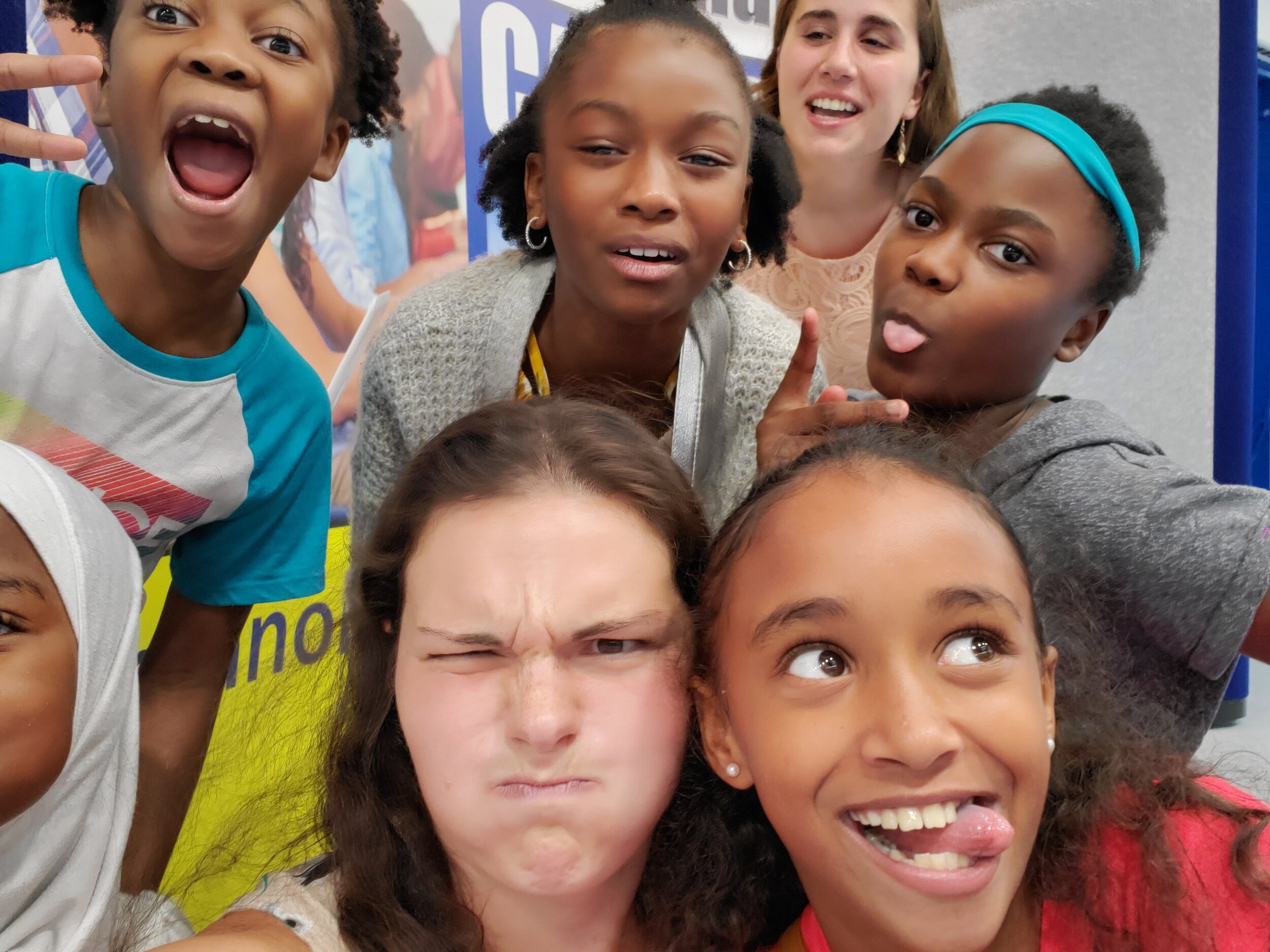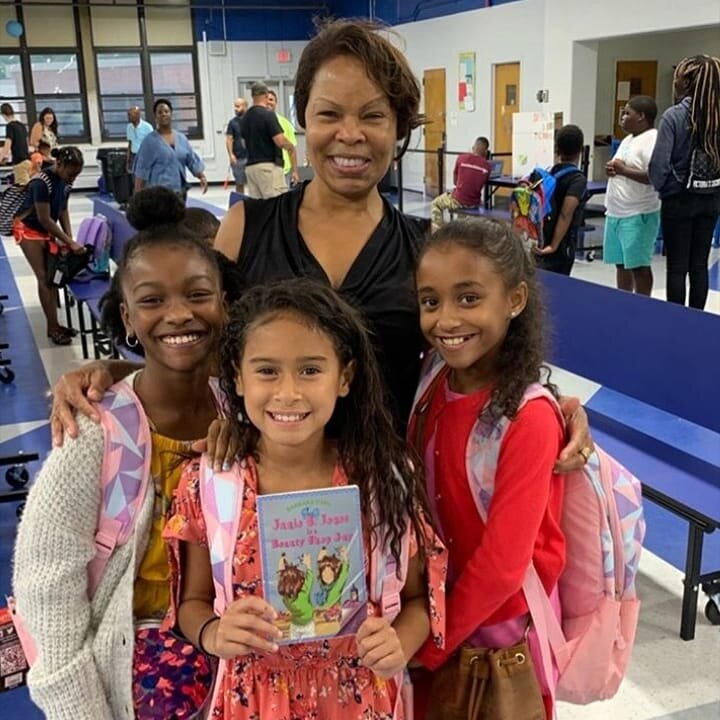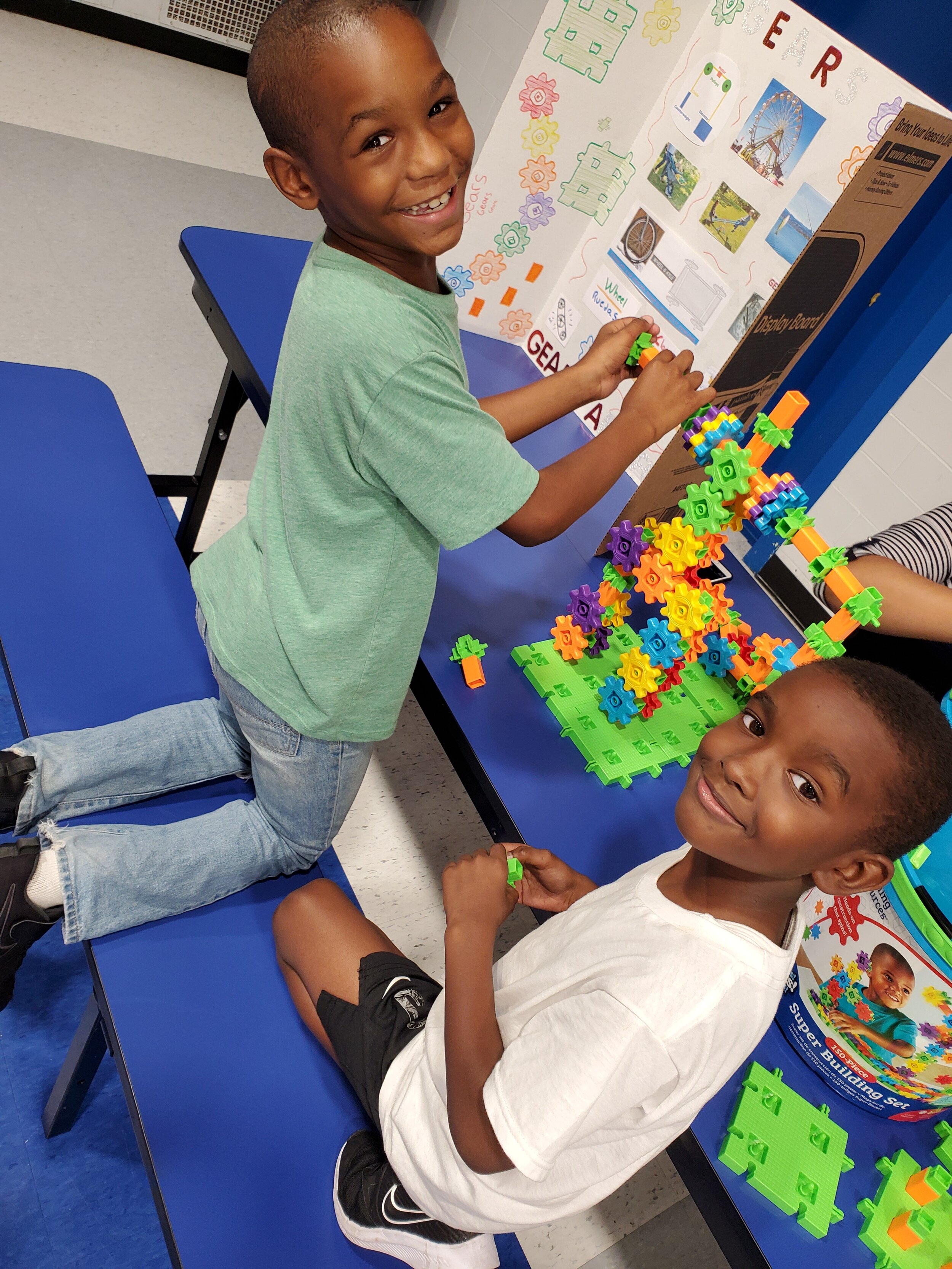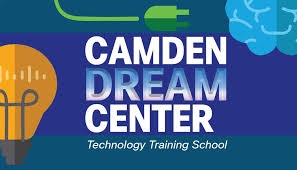STEM Enrichment Program
Jun. 2018 - Present
Introduction
The primary goal of the enrichment program is to improve the scholars’ proficiencies in the domains of STEM. The secondary goal is to support the realization of computer science knowledge transfer and computational thinking to the middle schoolers – prep for the digital way of life.
Challenges
Create, curate, and deliver quality summer STEM enrichment programs to underserved communities in South Jersey.
In 2021 we partnered with Bridgeton School district to prep middle schoolers for STEM success in high school - Bridgeton High School is ranked 357-409th within New Jersey. The students AP® participation rate at Bridgeton High School is 29%. Math proficiency is 6%, reading is 20%, while the total minority enrollment is 94%, and 58% of students are economically disadvantaged.
Summary & Methods
A 6-week summer STEM enrichment program will be delivered online to the scholars with a focus on math, coding, and literacy & technology (reading literacy). The program will also include project-based, hands-on learning, along with engaging CS/CT fun activities. The learning environment is designed for 5 cohorts of 10 scholars with each cohort supported by an instructor/servant leader intern, one junior servant leader intern, and one breakout room instructor for two classes. The breakout room instructor will focus and work, 1-on-1, on specific curriculum skills that a scholar may be lacking with the goal of providing a quick prep to enable the scholar to perform at the required proficiency level in the cohort.
Solution & Metrics
Weekly schedule and curriculum content will promote a peer-to-peer learning environment in which the scholars could potentially encourage each other as they explore, discover, and solve problems, together. Students will become leaders, peer mentors, and experts in a variety of STEM-related tools and practices, with the goal of creating an academic edge and allow them to leverage the engineering design process, computational thinking, and problem-solving skills in their everyday lives and academic careers. In addition, participating scholars will be exposed to essential skills such as communication/body language, teamwork, and empathy.



